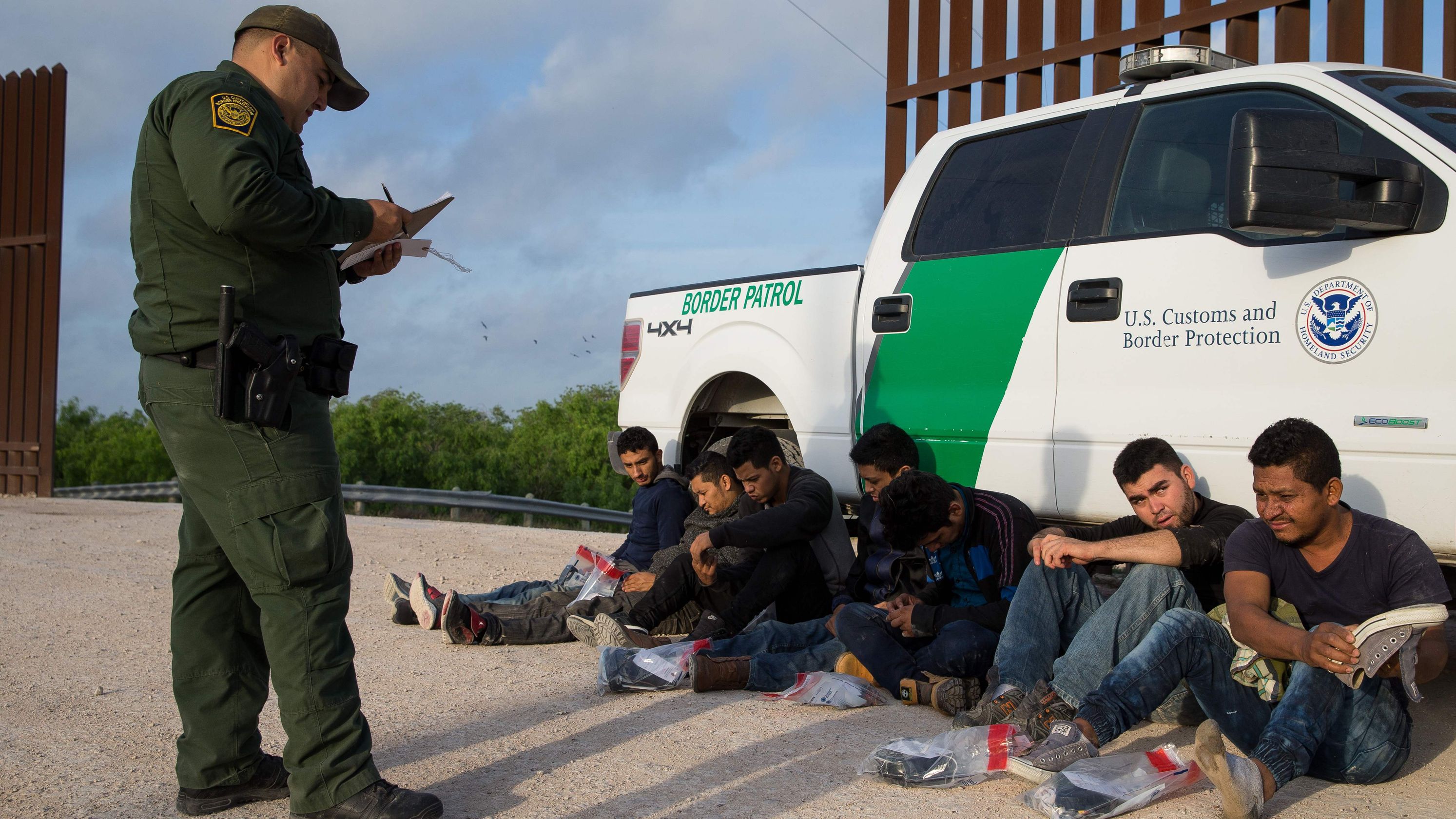The picture of a father and his daughter from El Salvador who drowned after trying to enter the United States by crossing the Rio Grande have intensified calls to address humanitarian conditions along the U.S.-Mexico border.
“Law enforcement is essential, but ignoring humanitarian needs is egregious,” said Scott Arbeiter, president of World Relief, a Christian humanitarian organization, in a Wednesday press release.
The picture shows Oscar Alberto Martinez Ramirez and his 23-month-old daughter Valeria lying face down in the waters of the Rio Grande. They tried to cross the river on Sunday after being told, while seeking asylum, that the international bridge between Mexico and the United States was closed until Monday, according to The New York Times.
The photo comes in the midst of controversy about humanitarian conditions along the border, such as reports that children, who were being held in a Texas border station, had no access to toothbrushes, toothpaste, soap and other products. Texas Governor Greg Abbott deployed 1,000 National Guard troops to the border where he said in three weeks in June, 45,000 people were detained.
On Saturday, President Donald Trump pulled back from a threats to begin deportations of undocumented immigrants, giving Congress two weeks to work out problems. He had announced plans to deport “millions.”
“At the request of Democrats, I have delayed the Illegal Immigration Removal Process (Deportation) for two weeks to see if the Democrats and Republicans can get together and work out a solution to the Asylum and Loophole problems at the Southern Border,” he tweeted. “If not, Deportations start!”
World Relief urged Americans to contact their representatives “to ensure that no child goes without basic necessities while on U.S. soil and that our asylum laws are respected.”
“After being along the border this weekend and interacting with children and families recently released from governmental custody, I am further convinced that our government must shift resources from a response designed primarily to contain a security crisis and more toward a response to a humanitarian crisis,” Arbeiter said.
The Office of the United Nations High Commissioner for Refugees, which is the U.N. Refugee Agency, said in a Wednesday press release that the circumstances that led to the deaths depicted in the photo were unacceptable.
“The deaths of Oscar and Valeria represent a failure to address the violence and desperation pushing people to take journeys of danger for the prospect of a life in safety and dignity,” U.N. High Commissioner for Refugees Filippo Grandi said in the release. “This is compounded by the absence of safe pathways for people to seek protection, leaving people with no other choice than to risk their lives.”
The House of Representatives passed a bill on Tuesday that would provide $4.5 billion in aid along the border. The Senate rejected the House bill on Wednesday, passing a different bill that provided $4.6 billion in aid. Both bills provide billions to care for unaccompanied migrant children and other humanitarian concerns, though the Senate bill puts less restrictions on what the money can be spent on.
The controversy made its way into the House Budget Committee’s Wednesday hearing, called “Building A More Dynamic Economy: The Benefits of Immigration.”
“It’s I guess inevitable that this discussion would have focused to a significant extent on the current crisis,” said Chairman John Yarmuth, D-Ky., during the hearing.
He said the intent of the meeting was a prospective look at the importance of immigration.
“One way to improve our economic outlook and strengthen our fiscal position is by passing reforms that recognize both the cultural and economic contributions of the people who seek to make a home here,” Yarmuth said.
Representative Steve Womack, R-Ark., ranking member on the committee, said issues like securing the southern border must be addressed before immigration reform.
“I believe immigration reform, done right, can have a positive effect on the economy and on the federal budget,” Womack said. “But before we can deliver meaningful reforms, we must ensure our communities are safe and our borders are secure.


